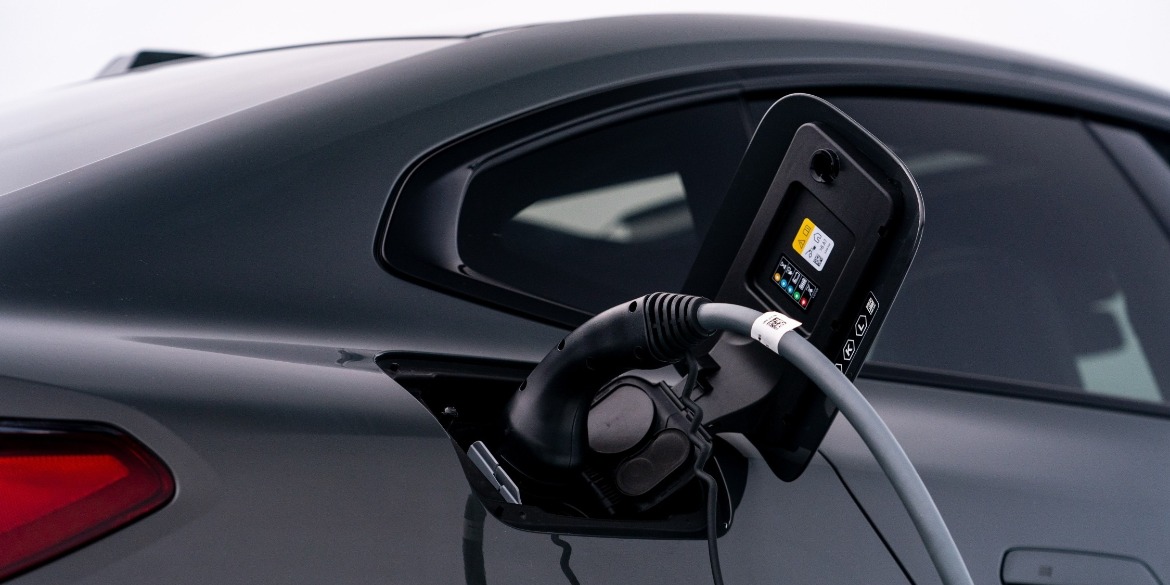How Long Do Electric Cars Last?

-
Electric car battery life expectancy
If you’re considering an electric car, you may have questions regarding its battery life. Similar to other battery-powered items, the cells degrade over time.
However, with extensive and powerful lithium-ion units powering EV technology, you can expect your vehicle to last just as long as a petrol or diesel model. Plus, there are some simple ways to improve battery health.
Let’s take a look in more detail.
-
So, how long do electric cars last?
Battery technology has advanced ten-fold in the past decade, and EV life expectancy is not that different to what you’d expect from a conventional petrol/diesel car.
Most manufacturers say drivers should get over ten years or 100,000 miles of use from an EV. But, many drivers are happy to report they get much more than this.
The performance of an EV is not affected over its lifetime, even with some battery degeneration. There may be a slight decrease in range. However, only some will see significant differences over their lifespan.
-
How does the battery work?
Most electric cars have lithium-ion batteries, which are rechargeable. The battery pack contains thousands of cells, which go through charge and discharge cycles.
Simply put, when you’re driving, the battery depletes, and when you plug in, it charges up again.
It works the same way as charging your mobile phone!
-
Electric car battery degradation

Over time, batteries degrade due to several factors, including:
-
Charging cycles
The more full charge cycles a battery goes through, the lower the battery’s capacity will be over time.
-
Temperature
Extreme temperatures negatively impact a battery’s longevity. Very hot or cold weather lowers your battery’s capacity.
-
Rapid charging
Using rapid chargers frequently can affect battery health over time.
-
Will my EV last as long as a traditional ICE car?
EV batteries are highly advanced, and so far, predictions place a battery lasting between 10 and 20 years before it needs replacing.
So, compared to a conventional car’s lifespan, it is not dissimilar to how long these models last before needing extensive repairs or maintenance work.
-
Manufacturer battery warranties

Each car manufacturer provides a standard warranty for new cars. However, EV models also have additional battery warranty that typically covers eight years / 100,000 miles (whichever is sooner).
In the event something happens to your battery during the warranty period, a replacement is fitted. The cost of replacing a new battery is still quite expensive so it’s not a viable option for most drivers.
It’s usually more cost-effective to get a new EV instead. But as the EV market grows, scaled battery production will mean more competitive pricing for consumers.
-
How to extend your electric car battery’s life
Looking after the battery health of your EV ensures the range is optimised throughout its lifespan. There are a few ways to preserve the life of your battery, including:
-
Top up charging
Charge from 20% to 80%.
Continually depleting the battery and charging it to 100% can impact its lifespan. Instead, doing top-up charges between 20% and 80% optimises its health and prevents faster degradation.
-
Avoid rapid chargers
While EV battery technology has systems in place to prevent damage by overcharging, it’s best to reduce the use of rapid chargers to avoid it.
This type of charging can degrade a battery faster, and experts suggest using a charger suited to the output rating for your vehicle for optimum battery health.
-
Store with 50%-80% battery
If you don’t use your EV regularly, or it sits around for days at a time, avoid a full charge before using it again.
Instead, keep it at about 50% charge, as this optimises long-term battery health.
-
Avoid extreme climates
Weather conditions and the environment have an impact on battery health. Extremes such as hot and cold temperatures have an adverse effect on its overall longevity.
EV drivers in climates below 5ºC or over 30ºC see a reduction in battery health.
-
Follow manufacturer guidelines
EV car manufacturers set various guidelines for optimising your battery health. Following these is essential to ensure the range is not affected significantly over the car’s lifespan.
You can also check its health and charge level via the vehicle’s onboard systems.




